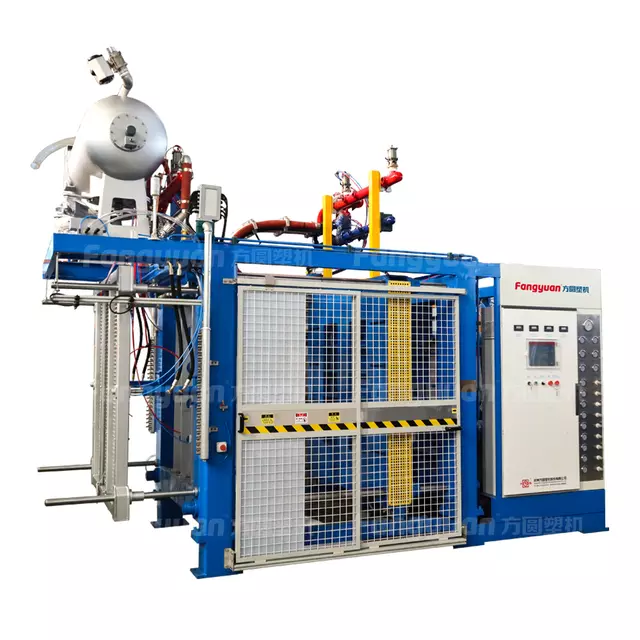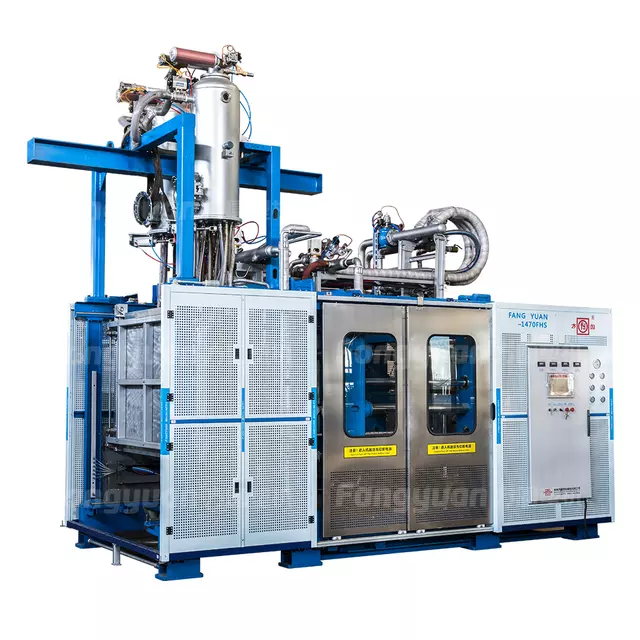What Regulations Apply to Importing ETPU Machines?
Introduction:
As the world continues to adapt and innovate in various industries, there is a growing need for highquality engineering plastics. Among these materials, Etpu (EthyleneTyrenePhthalateUrea) is recognized as one of the best choices due to its excellent properties such as chemical resistance, heat tolerance, and mechanical strength. However, importing Etpu machines into certain countries may require specific regulations to ensure compliance with local laws and standards. This article will explore the regulations that apply to importing Etpu machines, including their requirements and potential implications for businesses operating within those regions.

Body:

Importing Etpu machines involves several regulatory considerations depending on where you are sourcing them from and where they are being used. In general, Etpu machines typically fall under the purview of various international trade agreements and agreements between nations. These agreements provide guidelines for how machinery should be imported, including documentation requirements, customs procedures, and safety standards. Additionally, certain types of Etpu machines might also be subject to environmental regulations or other specific industryspecific standards.
Environmental Impact:
One aspect to consider when importing Etpu machines is their environmental impact. Depending on the manufacturing process and material composition, some Etpu machines could be considered hazardous waste. It's important to comply with any applicable regulations regarding disposal and recycling, which can vary widely by country. Compliance with these regulations can involve registering machinery with relevant authorities, providing proof of environmental management practices, and potentially undergoing additional testing or inspections.
Customs Procedures:
The customs procedures involved in importing Etpu machines can also depend on the specific machinery being brought into the country. Some machines may require special permits or licenses, while others might be subject to more routine checks. It's crucial to understand and adhere to all customsrelated documentation requirements, such as declarations, invoices, and product descriptions. Failure to meet these requirements can lead to delays or even fines.
Sustainability Considerations:
In addition to environmental regulations, many countries also have sustainabilityfocused policies related to importing machinery. For instance, some regions might have targets for reducing carbon emissions from industrial processes, which could affect the importation of machinery with higher energy consumption levels. Understanding and adhering to these sustainability goals can significantly influence the overall cost and feasibility of machinery imports.
Conclusion:
Understanding the regulations surrounding the importation of Etpu machines is essential for businesses looking to operate legally and efficiently in different global markets. By complying with the appropriate legal frameworks, companies can ensure the safe and sustainable use of this valuable material across multiple industries. While navigating these regulations can sometimes be complex, staying informed and proactive can pay off in terms of avoiding penalties, ensuring compliance, and maximizing the benefits of using Etpu machinery.
Additional Information:
For detailed information on specific regulations, it would be advisable to consult official government sources, industry associations, or professional advisors specializing in international business law. This can include regulatory bodies like the International Trade Administration (ITA), the Environmental Protection Agency (EPA), and relevant national and regional regulatory agencies. Additionally, following industry publications and news articles related to global trade can offer insights into ongoing developments and best practices for complying with import regulations.
























 QQ
QQ